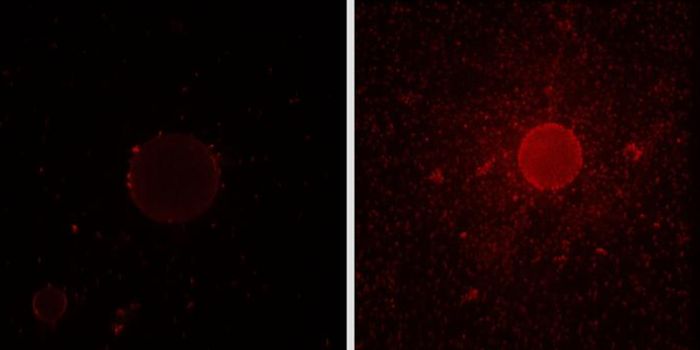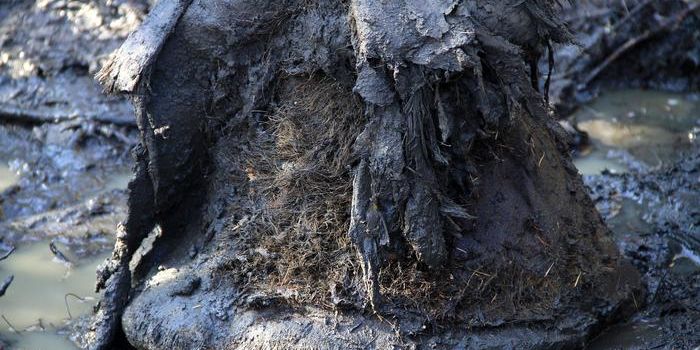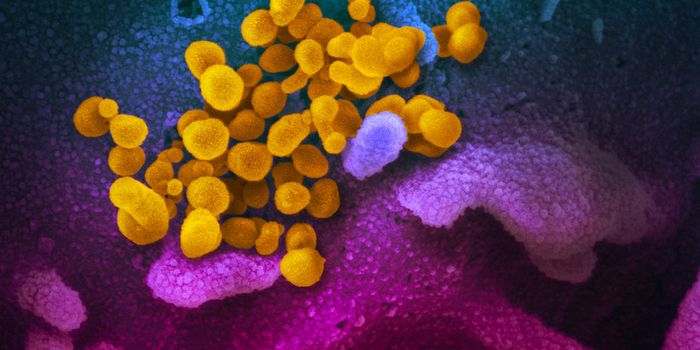A Bacterial Strain Could Protect Against Celiac
About one percent of the US population is thought to have celiac disease. People with celiac disease cannot consume gluten, or they will experience severe gastrointestinal symptoms. Those who have a genetic predisposition to developing the disease can trigger a series of events that damage the gut lining if they eat foods that contain barley, rye, or wheat. Consumption of gluten can disrupt structures of gut epithelial cells called villi, which can seriously interfere with the uptake of vital nutrients.
Scientists have now identified a strain of bacteria that could shield the lining of the guts of people at risk of celiac from the damage that can happen when gluten is consumed. This potentially protective bacterium is a form of Bacteroides vulgatus. These findings are based on data that was collected during a ten-year study of about 600 kids in the United States and Europe. The findings have been reported in Pediatric Research.
The investigators have characterized the genomes and epigenomes of bacterial species in the guts of children who were at risk of developing celiac disease, based on their genetics. They have also assessed the impact of these bacteria on gluten in the gut.
The researchers also obtained tissue samples from children at risk of getting celiac as well as kids unlikely to be affected. These samples were used to create miniature, cell-culture models of the human gut known as gut organoids. When these organoids were exposed to gluten, the permeability of the lining increased, the levels of inflammatory cytokines went up significantly, and cell death was observed.
However, when B. vulgatus microbes were also delivered to the organoids, these symptoms improved. Additional work showed that the microbes had caused epigenetic features to change, which reprogrammed inflammation pathways.
Unfortunately, the study was very small, and the organoid study was limited to only four samples. Corresponding study author Alessio Fasano of Massachusetts General Hospital noted that we have still learned a lot more about the mechanisms that involve celiac disease development.
The study authors added that dysbiosis in the gut can often be seen before the onset of celiac disease in kids who are risk, genetically. Certain strains of bacteria are lost from these children, who go on to get the disorder. this study may help prevent that from happening, however, although more studies will be needed to confirm this work.
"Our data offer possible preliminary evidence that could lead to potential targets to interrupt the progression of celiac disease in people at risk with an unbalanced gut microbiome," said Fasano. "Using celiac disease as a model, this line of research also holds promise for other autoimmune conditions."
Sources: Massachusetts General Hospital, Pediatric Research









